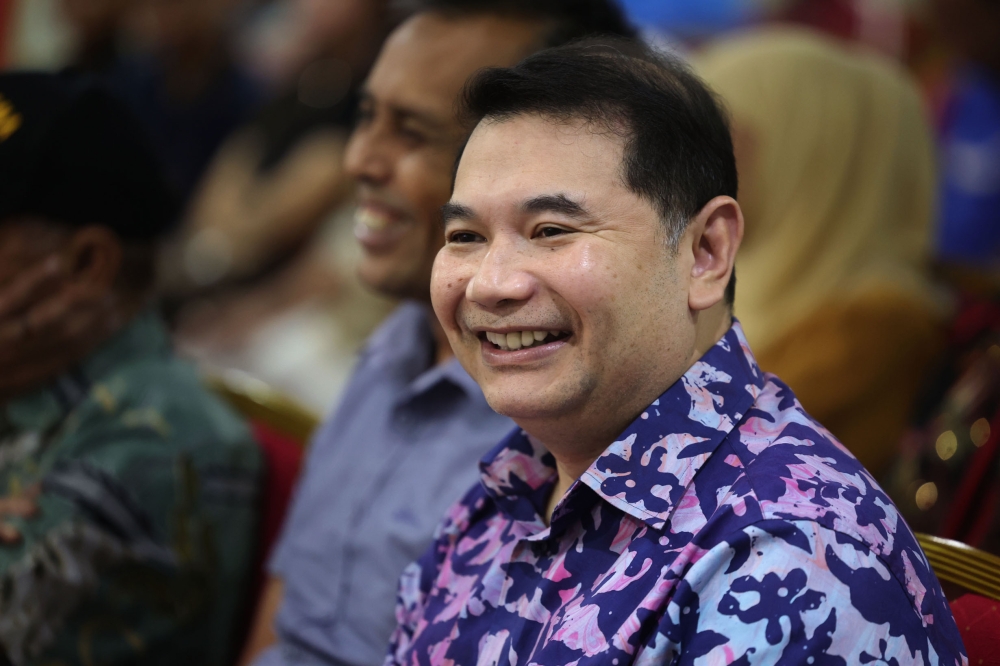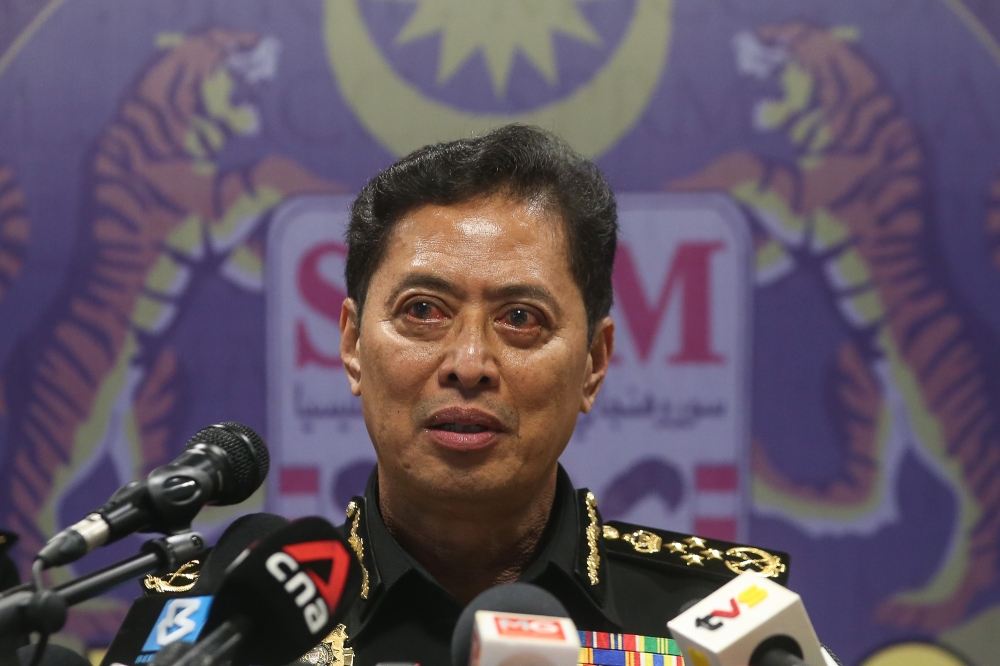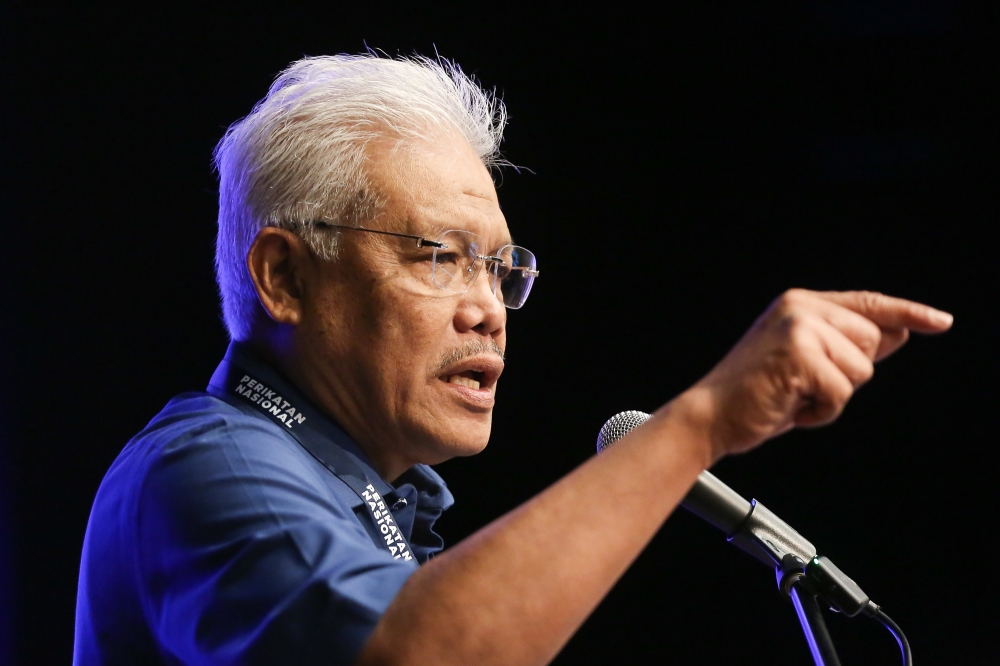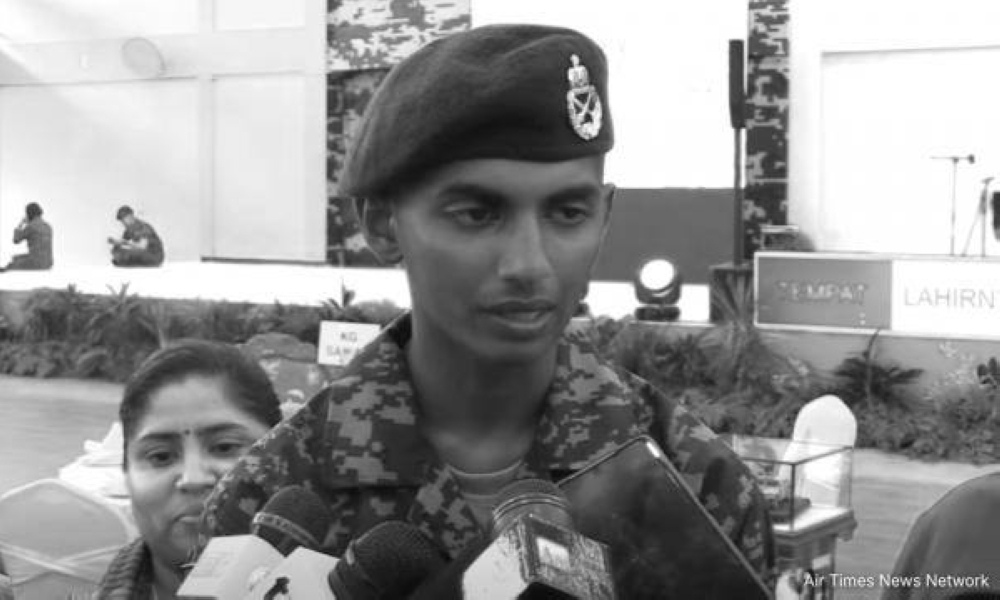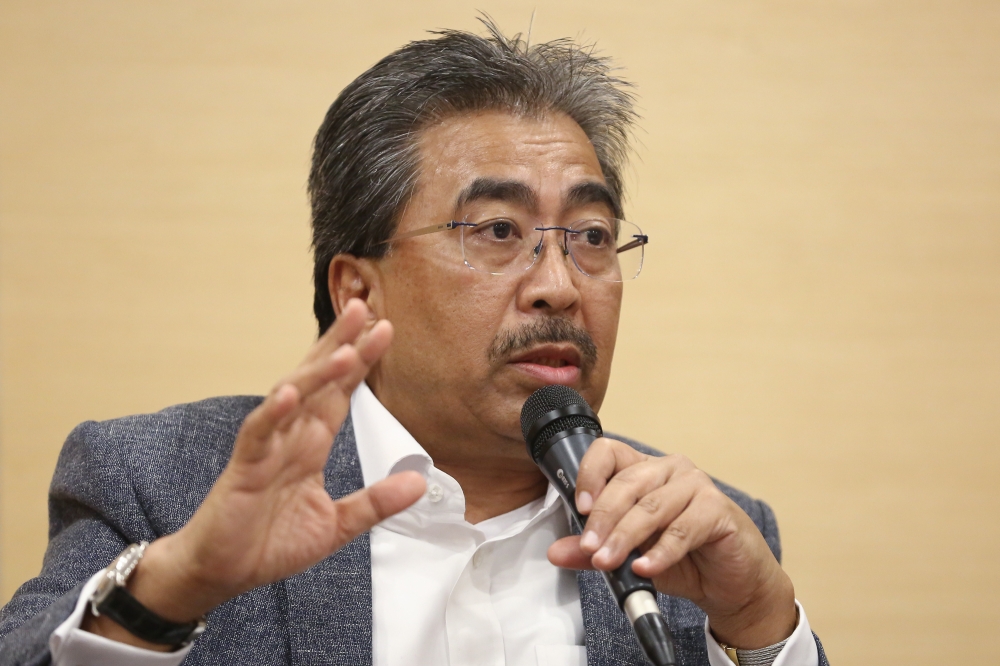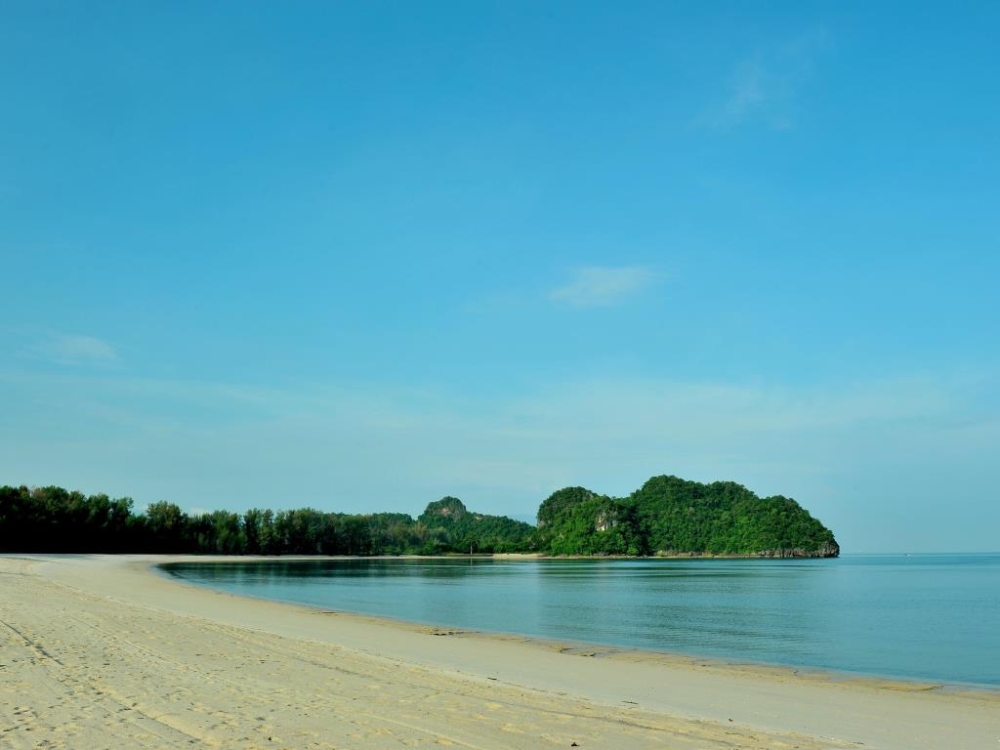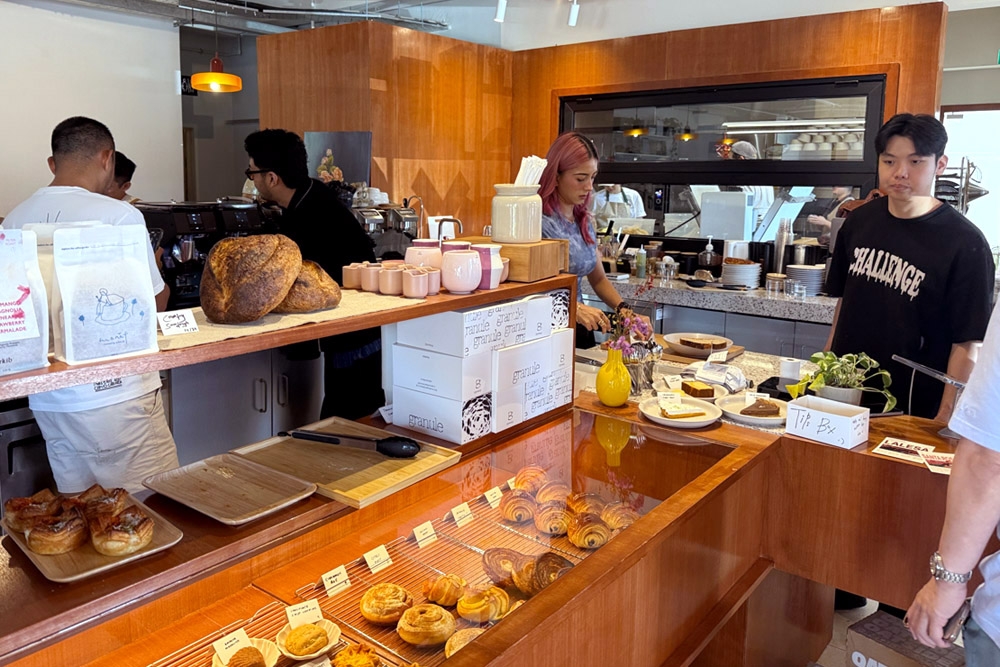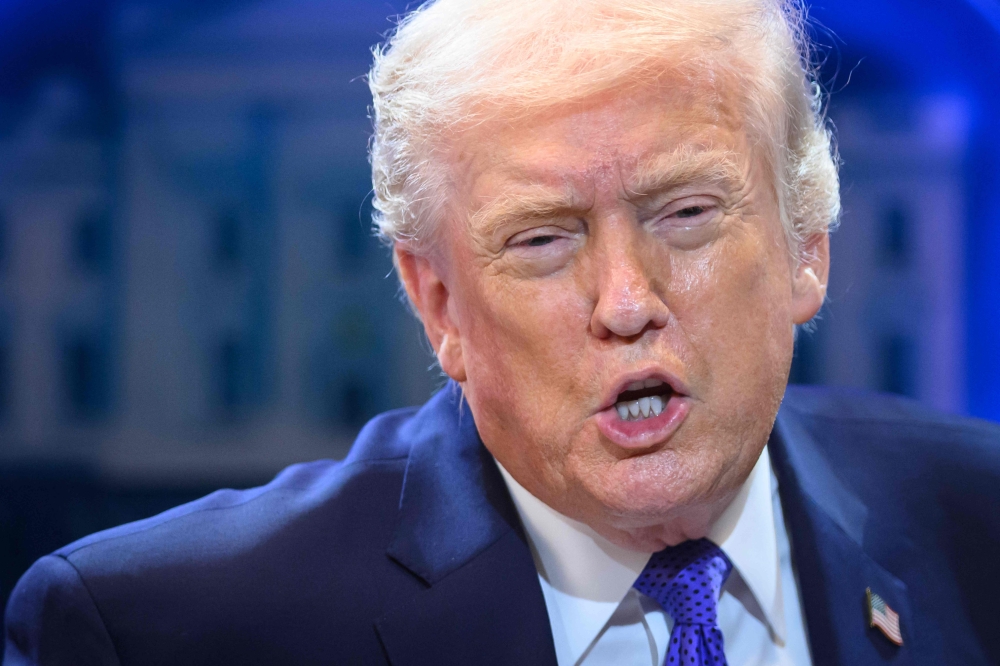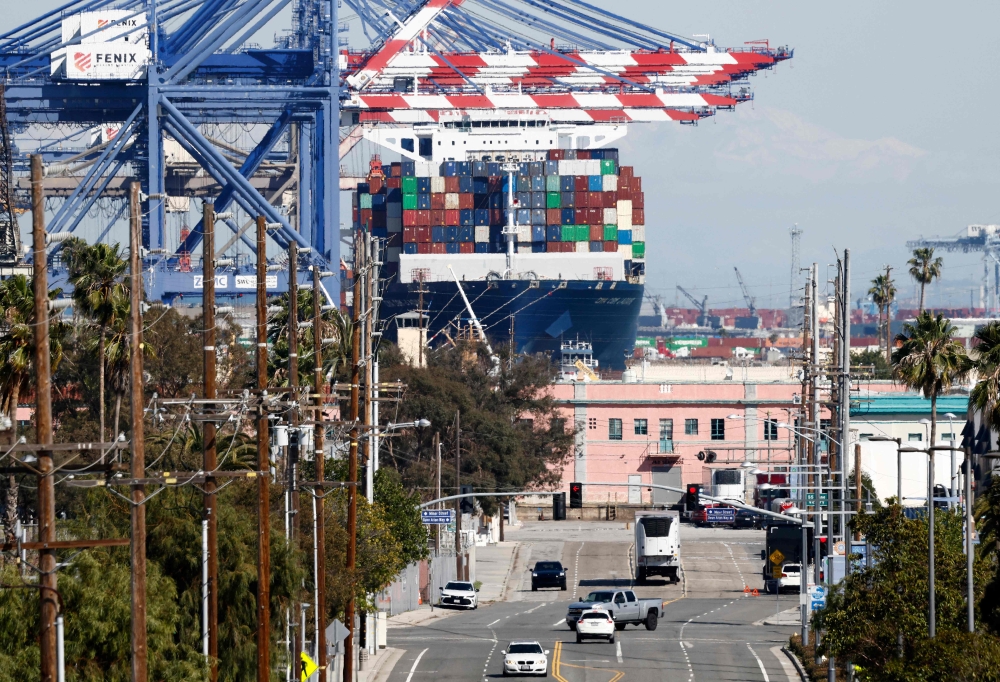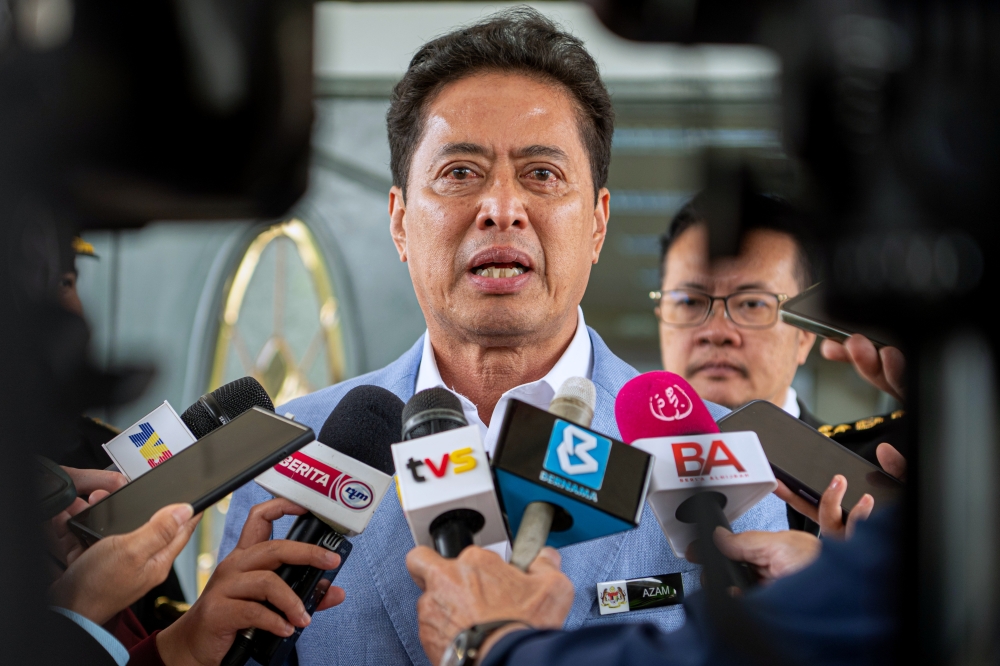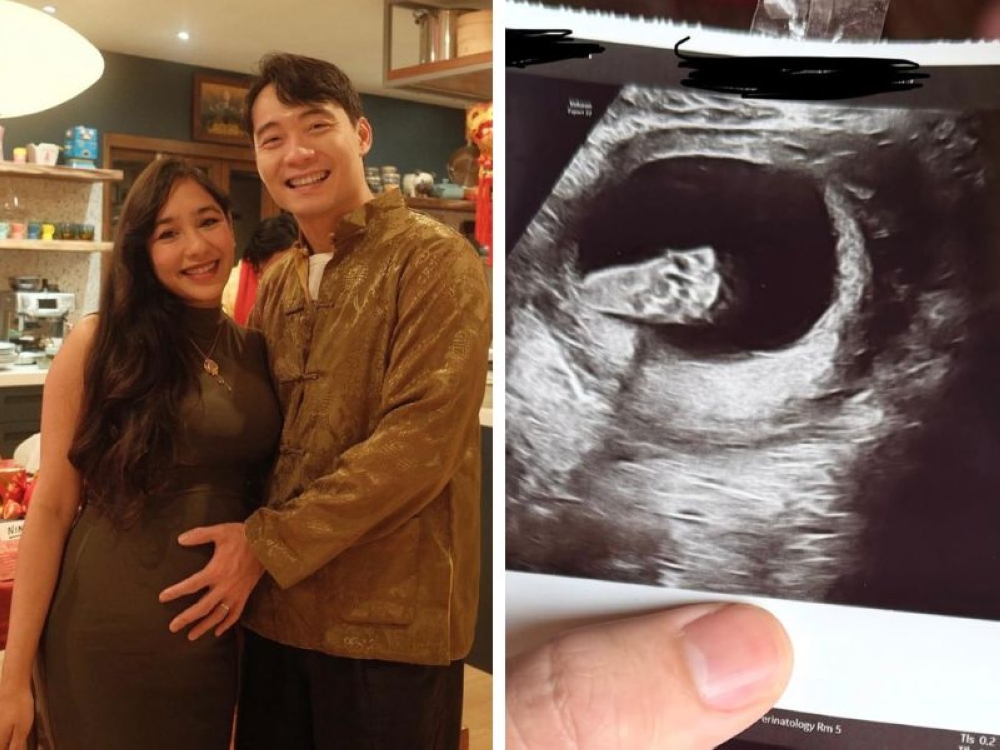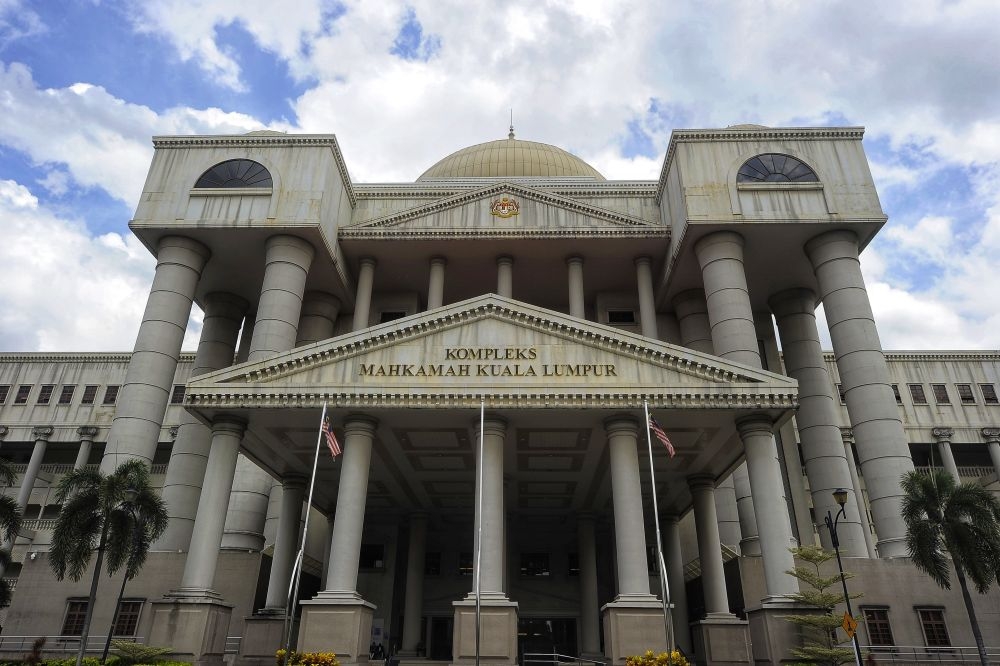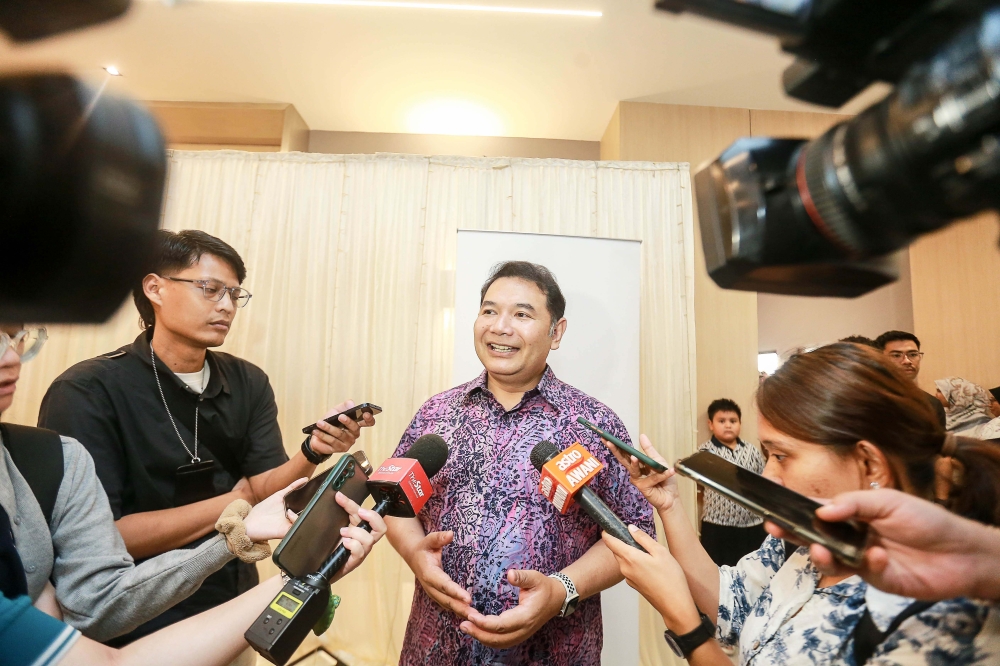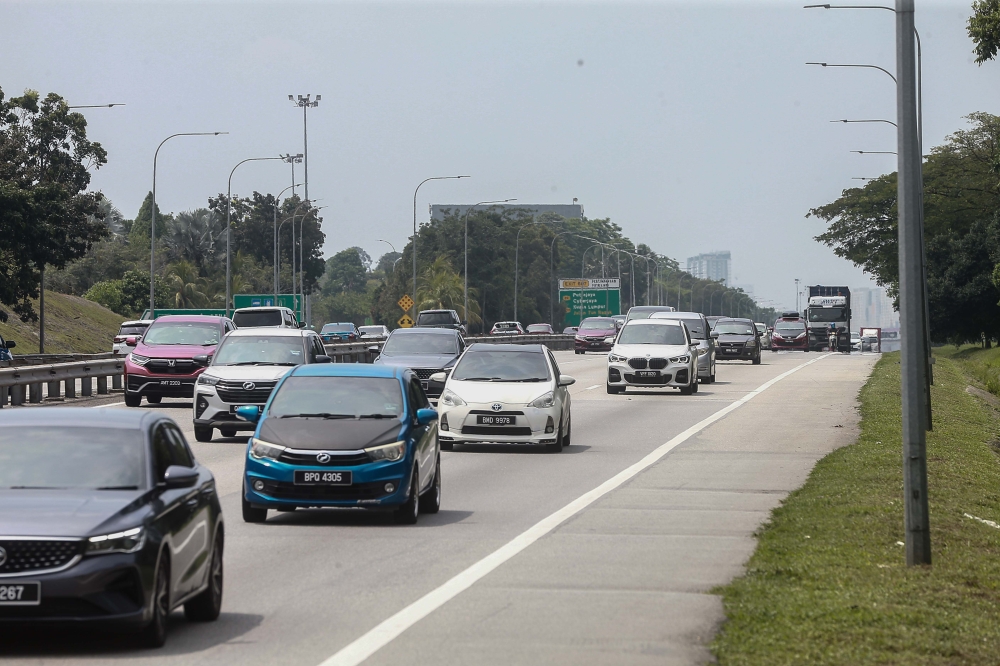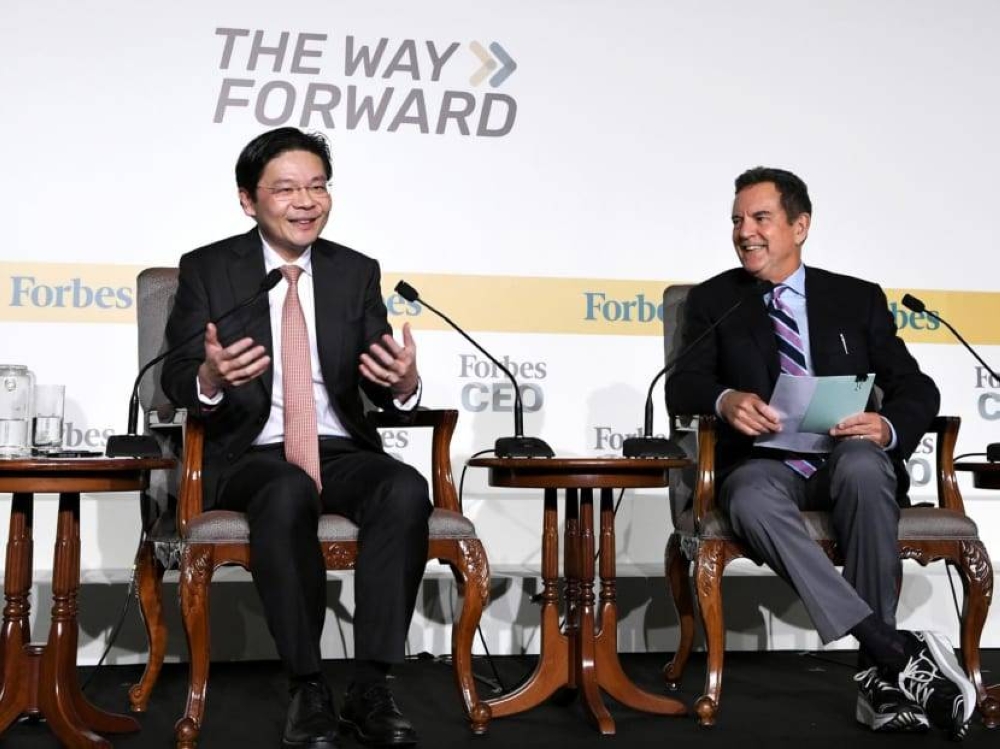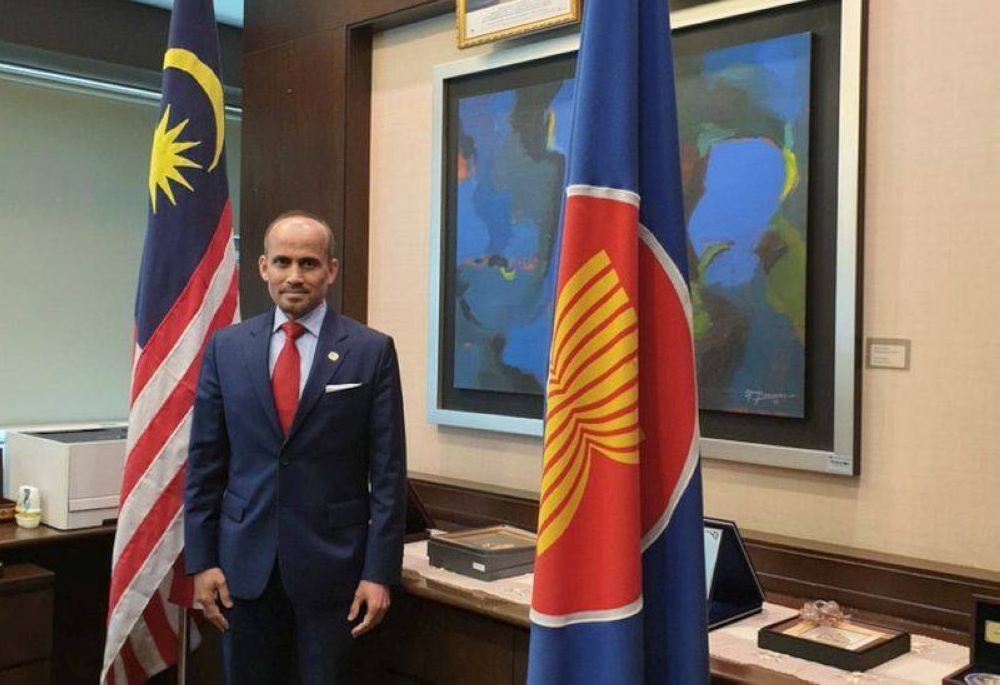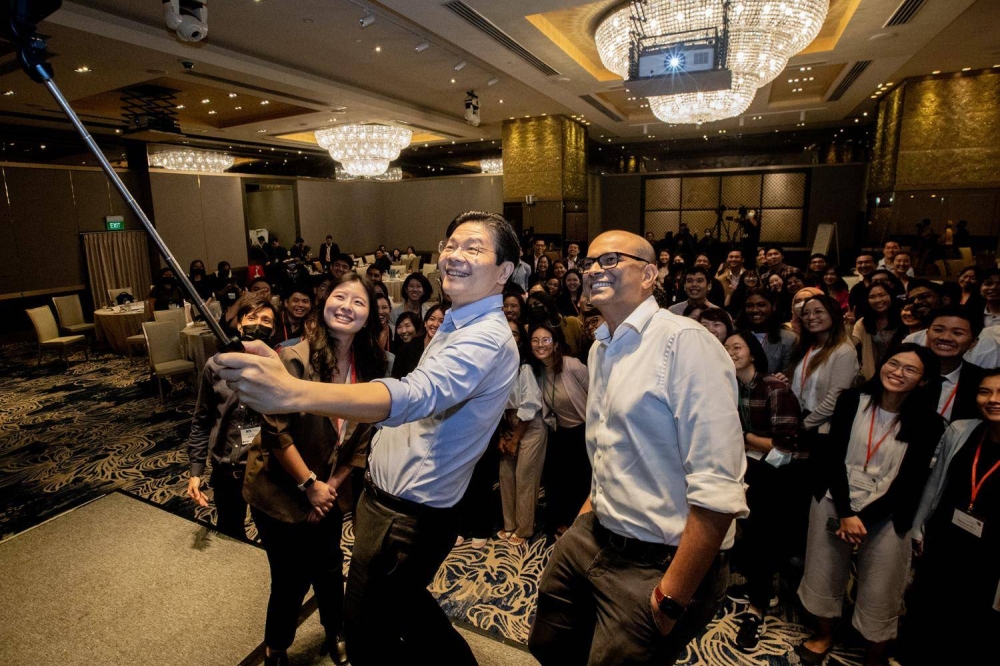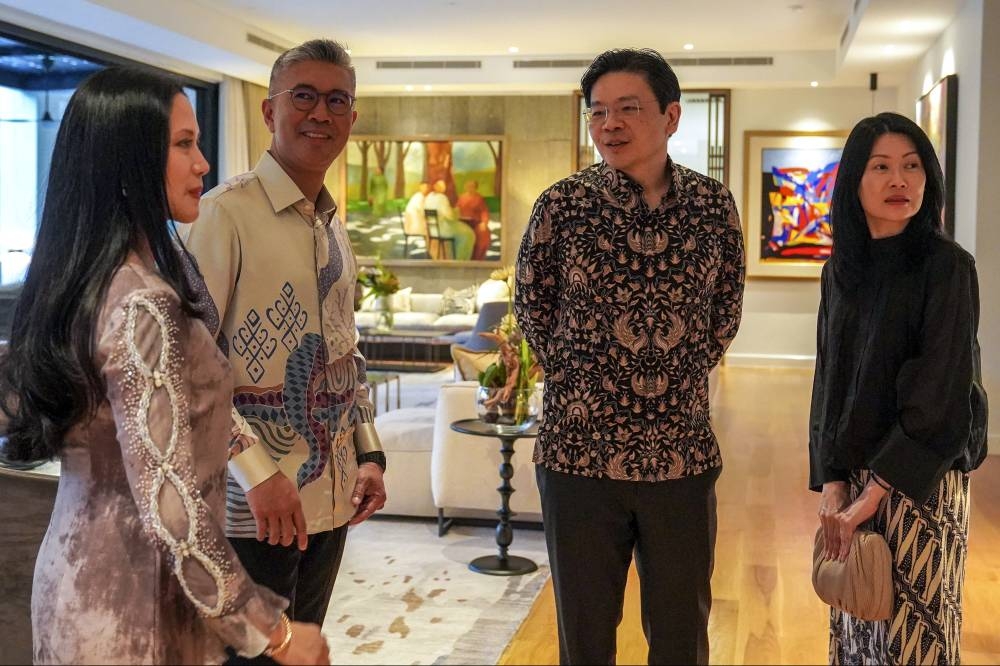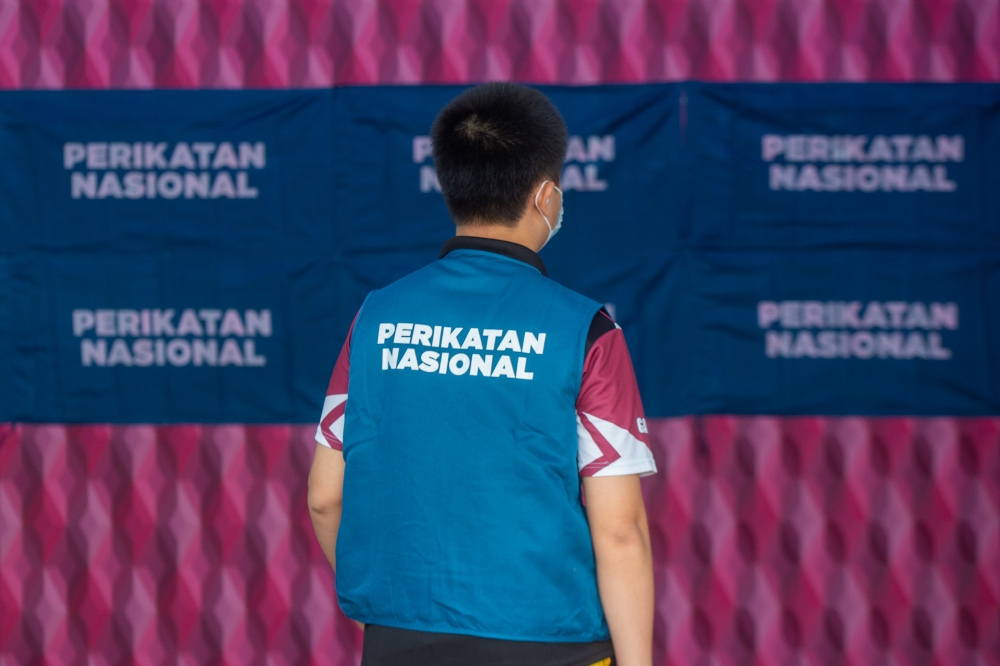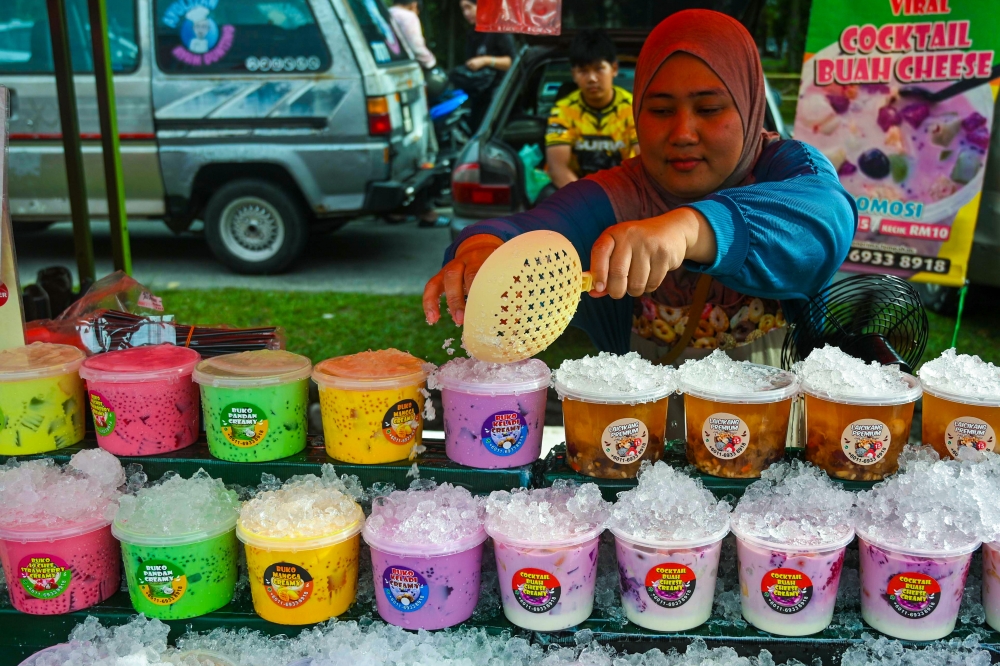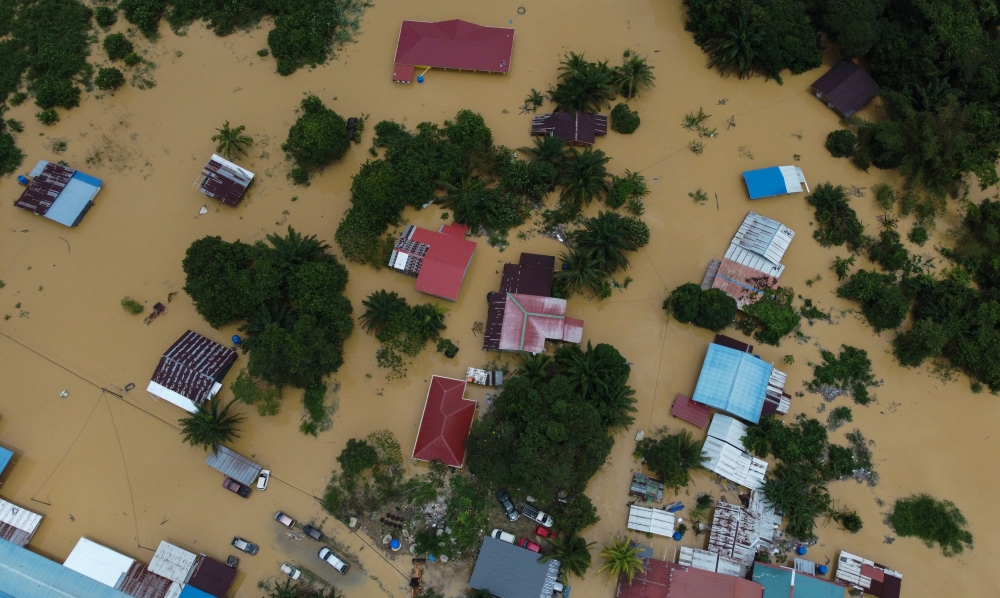SINGAPORE, Sept 27 — Deputy Prime Minister Lawrence Wong told business leaders at a global conference yesterday evening that he will take over the mantle of leadership from Prime Minister Lee Hsien Loong at a time when both he and the People’s Action Party’s fourth generation (4G) team are “ready for it”.
For now, Wong, who is heir apparent to Lee, said during a dialogue session at the Forbes Global CEO Conference that his priority is focusing on the pressing issues that Singapore faces, which is “taking up a lot of my time”.
Wong, who is also the Finance Minister, said these are matters related to cost of living, preparing for a possible economic slowdown next year, and ensuring that Singapore navigates through the ongoing pandemic successfully as there are still concerns that there may be another wave of infections which result in new Covid-19 mutations.
Wong was responding to a question from Rich Karlgaard, the editor-at-large of Forbes Media, about his relationship with Lee and whether the two had discussions about the leadership transition, and when Wong thought it might occur.
Aside from questions about leadership, the dialogue also included questions — some from members of the audience — related to Singapore’s economy, geopolitical tensions between the United States and China, and Singapore’s relationship with its Association of Southeast Asian Nations (Asean) neighbours.
Some 400 business leaders are expected to attend the two-day conference starting yesterday.
On Karlgaard’s question about leadership transition, Wong said: “We do think about the transition and the timing. The Prime Minister has said that he would like it to be sooner, and he never fails to remind me that this is something that’s on his mind.” “But I have also said that we will do it at a time when we are ready. When I’m ready for it, and when I’m confident that the team is ready for it, I will let him know and we will certainly let Singaporeans know in due course, too.” On the precise timing of the handover, Wong said it is not a question he can answer, because neither he nor Lee has decided.
As to his relationship with Lee, Wong described it as good.
“We have worked together. Me as his principal private secretary (between May 2005 and August 2008), and later as his colleague in Cabinet after I joined politics in 2011,” said Wong.
In response to a question from a member of the audience about the legacy he would like to leave behind, Wong said “you don’t go into a job thinking right away what my legacy will be”.
But if there is one thing he believes in, Wong said it is that every leader has a different style and approach that is “suited to the circumstances and needs of society or the organisation of that time”.
“For myself, I believe that I’m here, not just to lead but also to serve,” said Wong. “And I see myself very much as a servant leader, doing my best to serve Singapore and Singaporeans.” Speaking generally, Wong added that it is hard to ensure that success “endures year after year”, a concept he said the business leaders should be familiar with.
“The better you are, the more successful you are, the harder the journey is. Because people get complacent, they get entitled, because you are so used to existing formulas that you are unable to adapt and change.” Recalling a Chinese saying, he said wealth does not last three generations.
“I’m sure everyone here wants to ensure your wealth goes beyond three generations. And so too, we in Singapore want Singapore to succeed beyond three generations. We want to build a Singapore that lasts, endures and thrives for generations to come,” he said.
“That is what I hope to do.”
End of golden age of globalisation
When asked whether Singapore was worried about deglobalisation, in part accelerated by the pandemic, Wong replied that it was still too early to come to a conclusion that this is indeed happening.
Still, he said that the “golden age of globalisation” that the world experienced in the last 30 years since the end of the Cold War has ended, and the world is entering a new era.
To illustrate his point, he said that in the past, the logic between countries was that they did not “have to be friends” to do business with each other.
“In fact, the hope was that the more we trade and invest in each other, we will tamp down geopolitical rivalry.” Now, Wong said, geopolitics is shaping both trade and investments.
“(It’s) a new era that will be marked by greater geopolitical contestation, and where geopolitics will drive more economics, trade and investment decisions.” And when such actions become more normalised, he said it “will lead us towards a more dangerous and fractured world”, and those are the consequences which the Government worries greatly about.
Nevertheless, Singapore “will try its best” to be a key node in a new global network as supply chains reconfigure.
This is why, he said, Singapore is pressing ahead with plans to double the capacity of both its airport and seaport, because it wants to ensure capacity is in place to accommodate the increase in demand.
In response to a question from Karlgaard related to the importance of trade agreements, Wong said Singapore is a “believer in trade” because it is an existential issue for the Republic.
“We are such a small, open economy. Trade is three times the size of our GDP (gross domestic product),” said Wong.
As a member of Asean, he said that Singapore’s philosophy is that it wants all the major powers to both engage and have a stake in Asean.
“That’s why we tell our friends in both America and China to engage the region more constructively and comprehensively, and engage the region on its own merits,” said Wong.
“Not through the prism of a US-China relationship, or US-China competition. Engage us on our own merits.” — TODAY

